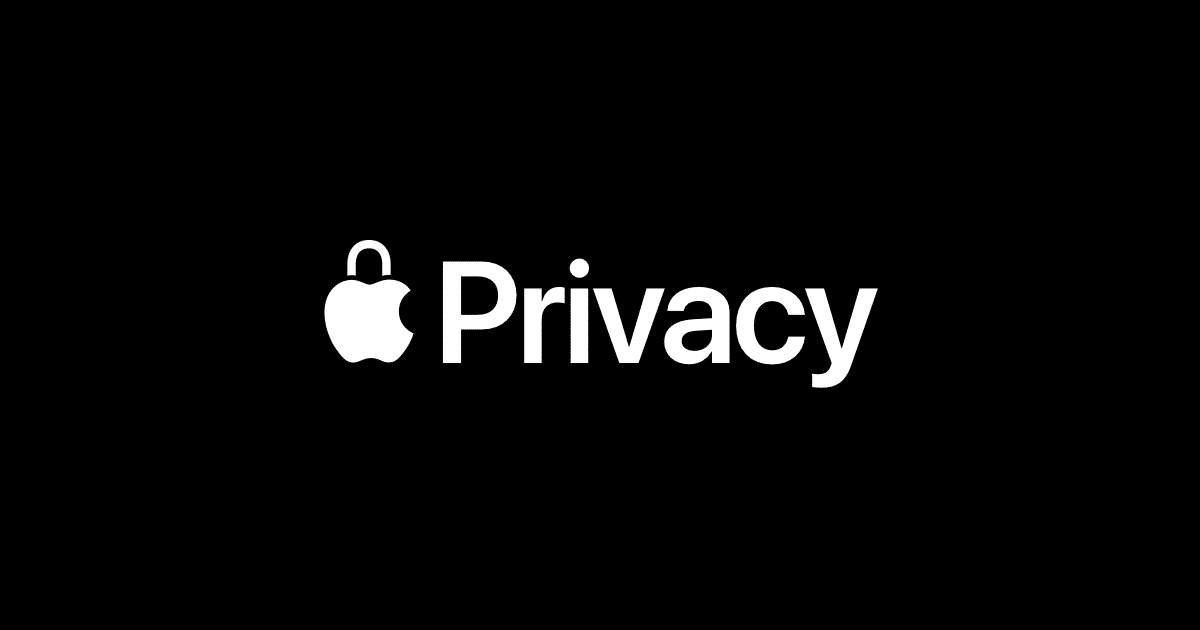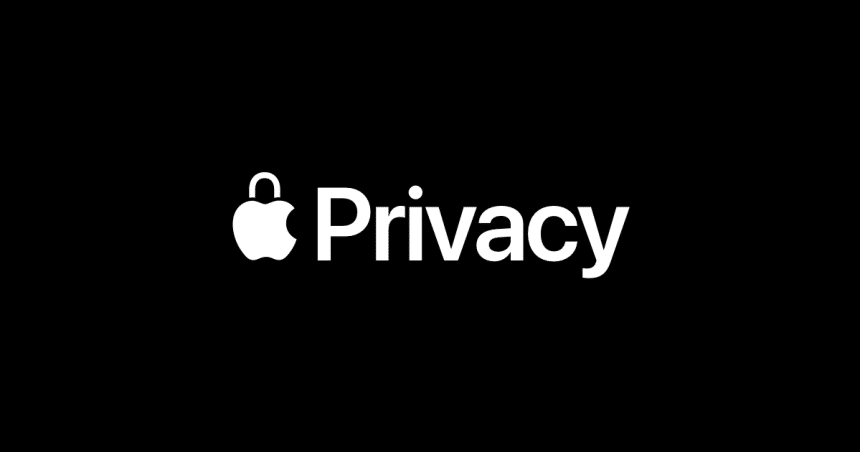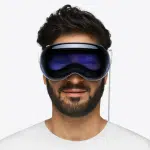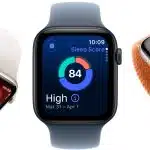Apple, known for championing user privacy, now faces a lawsuit accusing it of violating its own employees’ privacy. Amar Bhakta, an Apple advertising technology employee, filed the suit in California, alleging the company enforces invasive surveillance practices that blur boundaries between work and personal lives.
Claims of Invasive Monitoring
Bhakta claims Apple requires employees to use personal Apple devices for work while discouraging separate work-only accounts. This policy, he argues, grants Apple access to personal data such as emails, photos, and real-time locations. Bhakta describes the company’s ecosystem as a “prison yard” where employees remain under constant observation, even outside work hours.

The lawsuit also alleges that Apple harmed Bhakta’s professional growth. He says the company barred him from speaking publicly about his field and forced him to remove specific job details from his LinkedIn profile.
Apple’s Response
Apple denies these allegations, emphasizing its commitment to employee rights. “Every employee has the right to discuss their wages, hours, and working conditions,” the company stated. Apple insists its policies aim to protect company data, not infringe on personal privacy.
Legal and Ethical Concerns
Filed under California’s Private Attorneys General Act, the lawsuit could lead to penalties if Apple is found liable. Chris Baker and Jahan Sagafi, attorneys known for tackling corporate labor violations, represent Bhakta. The case underscores ongoing debates about the balance between corporate security and employee privacy in the tech industry.
Broader Implications
The lawsuit brings attention to the growing tension between safeguarding sensitive company information and respecting workers’ rights. Employees generally expect monitoring on company devices, but extending such practices to personal devices raises ethical and legal concerns.
This lawsuit challenges Apple’s reputation as a privacy advocate. The outcome may influence workplace privacy standards, forcing companies to reevaluate policies that intertwine professional and personal lives. Whether Apple’s practices will stand up to legal scrutiny remains to be seen, but the case serves as a wake-up call for balancing corporate control with individual privacy.












